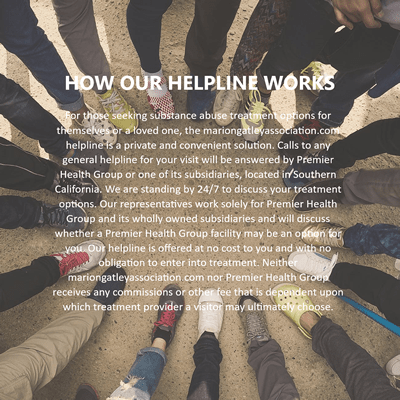For years, addiction was seen as a moral failure characterized by people too lazy or gluttonous to quit using drugs. Since the mid-twentieth century, we’ve begun to move past that view as addiction specialists have proposed new models of addiction. These models are foundational to how we treat addiction; an addiction treatment center that views addiction as a disease will treat people differently than one that views addiction as a result of learned behaviors.
The learning model of addiction conceives of addiction as a series of behaviors, rewards, and experiences that all work in tandem to reinforce the learned habit of addiction. There are three different types of learning that reinforce addiction: classical conditioning, operant conditioning, and social learning.
Classical conditioning happens when a person learns from paired associations. The typical example of classical conditioning is Pavlov’s dogs, who learned to associate feeding time with the sound of a bell. Eventually, the bell alone caused the dogs to expect food. Environmental cues can act in the same way for people who use drugs. For example, if you snort cocaine in the bathroom on your work break, then the pleasure and reward of cocaine becomes associated with both the bathroom and your work break. Thus, going into the bathroom or going on your break become triggers for craving cocaine. To unlearn this association, people must disassociate the cues. Over time, going into the bathroom without using cocaine will break down the learned association between the two, and the trigger will fade.
Operant conditioning occurs when a person learns from the rewards or consequences of a choice. These punishments and rewards reinforce certain behaviors and suppress others. In the realm of addiction, operant conditioning can prevent people from seeking treatment in an addiction recovery facility. That is, if someone is addicted to drugs but experiences no adverse effects, only rewards, they’re highly unlikely to want to stop. But when the addiction starts to cause negative consequences, or punishments, in their life, the behavior becomes undesirable.
Finally, social learning happens when a person learns by observing others, as when a child imitates their parents. If a child grows up in a home where drug use is normal, they learn that drugs are acceptable. For example, suppose their dad comes home from work and is upset. He smokes some weed and becomes relaxed. This event teaches the child that smoking is a positive and effective method of dealing with stress.
Fortunately, the learning model of addiction means that behaviors can be unlearned, and new behaviors adopted. Addiction recovery programs that subscribe to the learning model of addiction assist clients in learning new, healthy behaviors to replace the old, harmful ones.
If you or a loved one is addicted to drugs or alcohol, please email or call our understanding representatives at Intervention Drug Rehab Association today to learn about our luxury drug rehab program. Clients participate in group and individual sessions, gain practical tools for fighting cravings, and forge a sober community of supportive friends and mentors. Please contact us today to turn a life around.



